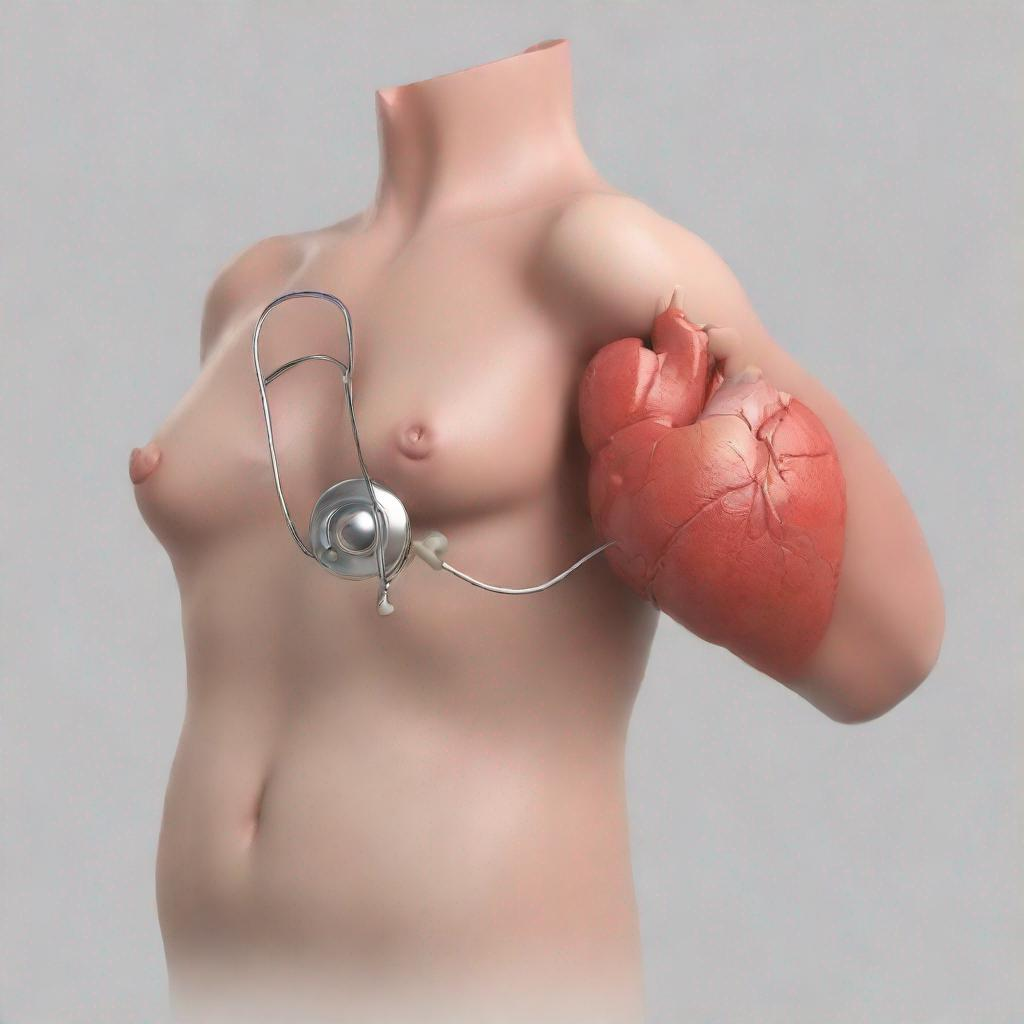## Cardiac Auscultation: Listening to the Heart’s Story
### Introduction
Cardiac auscultation, a non-invasive medical test, involves listening to the sounds produced by the heart to assess its health. By utilizing a stethoscope, healthcare professionals can detect abnormalities that may indicate underlying cardiovascular conditions.
### Procedure
During the test, the healthcare professional uses a stethoscope placed on different areas of the chest to listen for heart sounds. These sounds occur with each heartbeat and can vary depending on the health of the heart valves and blood flow.
### Diagnosis
Cardiac auscultation can help diagnose a wide range of conditions, including:
* **Arrhythmias:** Irregular heartbeats
* **Valvular heart disease:** Narrowing or leakage of heart valves (e.g., aortic stenosis, mitral regurgitation)
* **Congestive heart failure:** Inability of the heart to pump blood effectively
* **Pericardial effusion:** Fluid buildup around the heart
* **Septal defects:** Holes in the heart’s walls
### Importance
Cardiac auscultation is a crucial component of physical examinations due to its ability to detect heart abnormalities. By listening to the heart’s sounds, healthcare professionals can:
* Assess the heart’s rhythm and rate
* Identify murmurs (abnormal sounds) that may indicate valve problems
* Detect fluid buildup around the heart
* Monitor the effectiveness of cardiac medications
### Alternatives
While cardiac auscultation is commonly used, other tests may be employed in conjunction with it or in place of it, such as:
* **Electrocardiogram (ECG):** Records the heart’s electrical activity
* **Echocardiogram:** Uses ultrasound to create images of the heart
* **Holter monitor:** Records the heart’s electrical activity over a longer period
* **Stress test:** Evaluates the heart’s response to exercise
### Preparation
Preparation for cardiac auscultation is not typically required. However, it is advised to avoid vigorous exercise or caffeine consumption beforehand, as these can affect heart rate.
### Duration
The test typically takes a few minutes to complete, and results are usually available immediately.
### Recommendations
In addition to cardiac auscultation, other tests may be recommended based on the findings, such as:
* **Echocardiogram:** To further assess the heart’s structure and function
* **Stress test:** To evaluate the heart’s response to increased demand
* **Cardiac catheterization:** To diagnose and treat complex heart conditions




